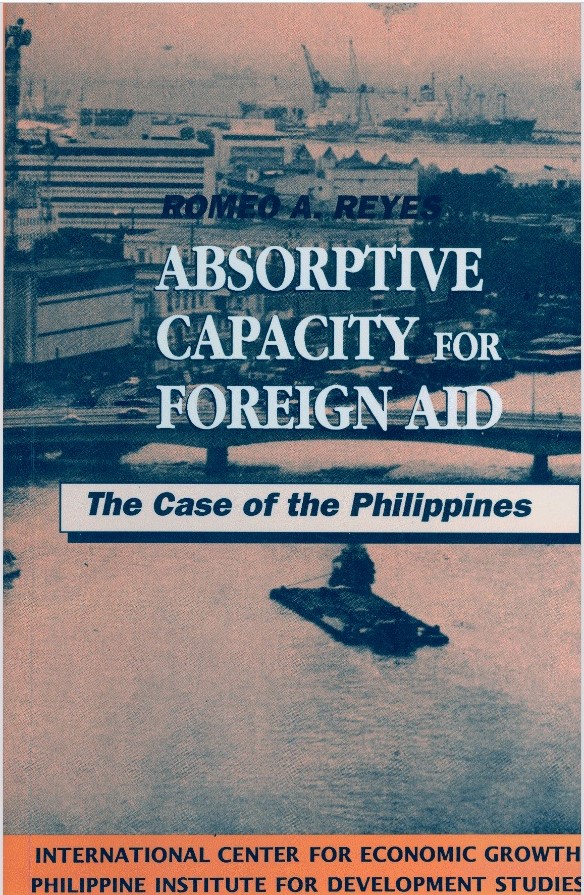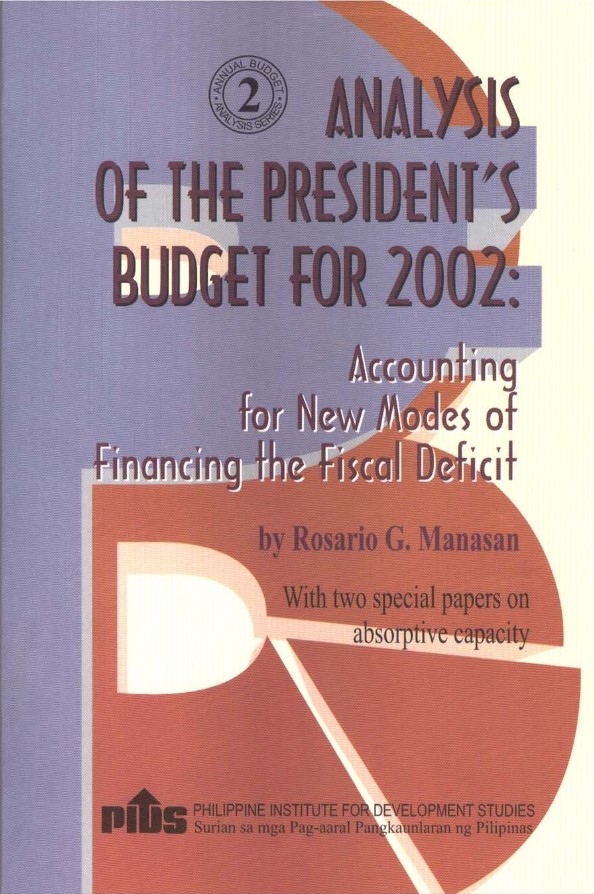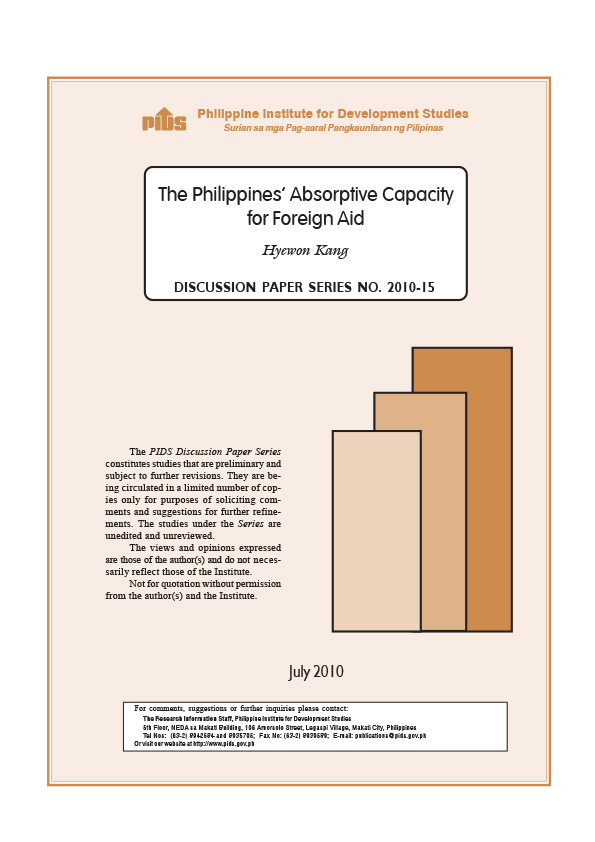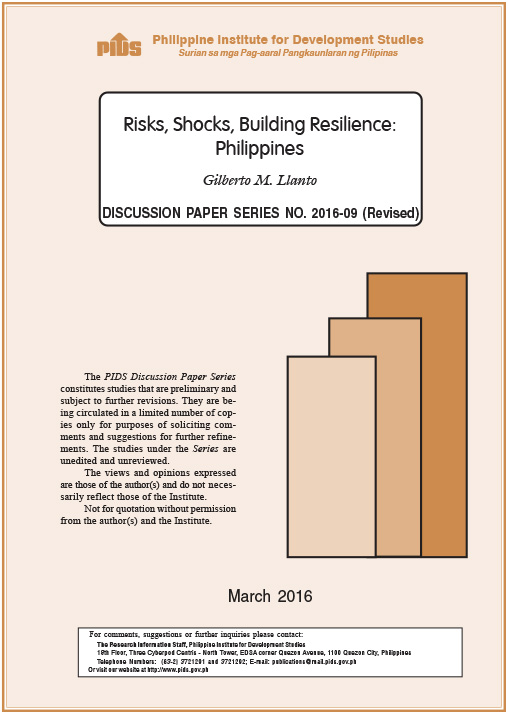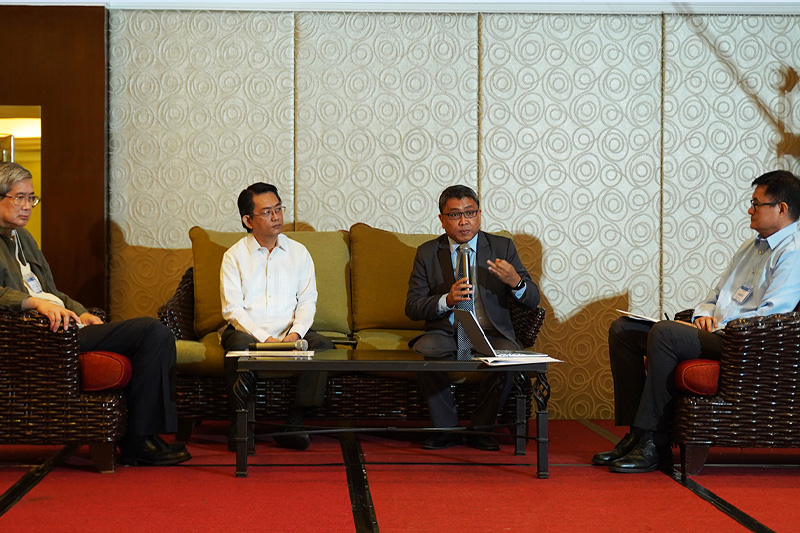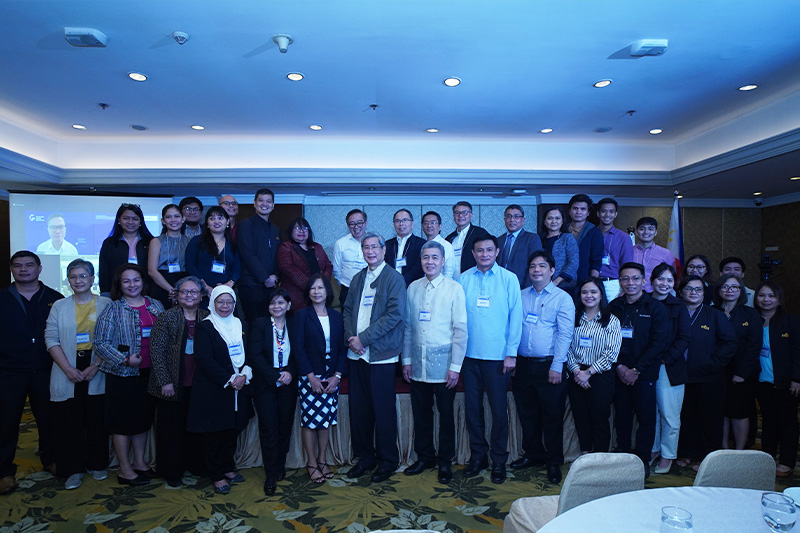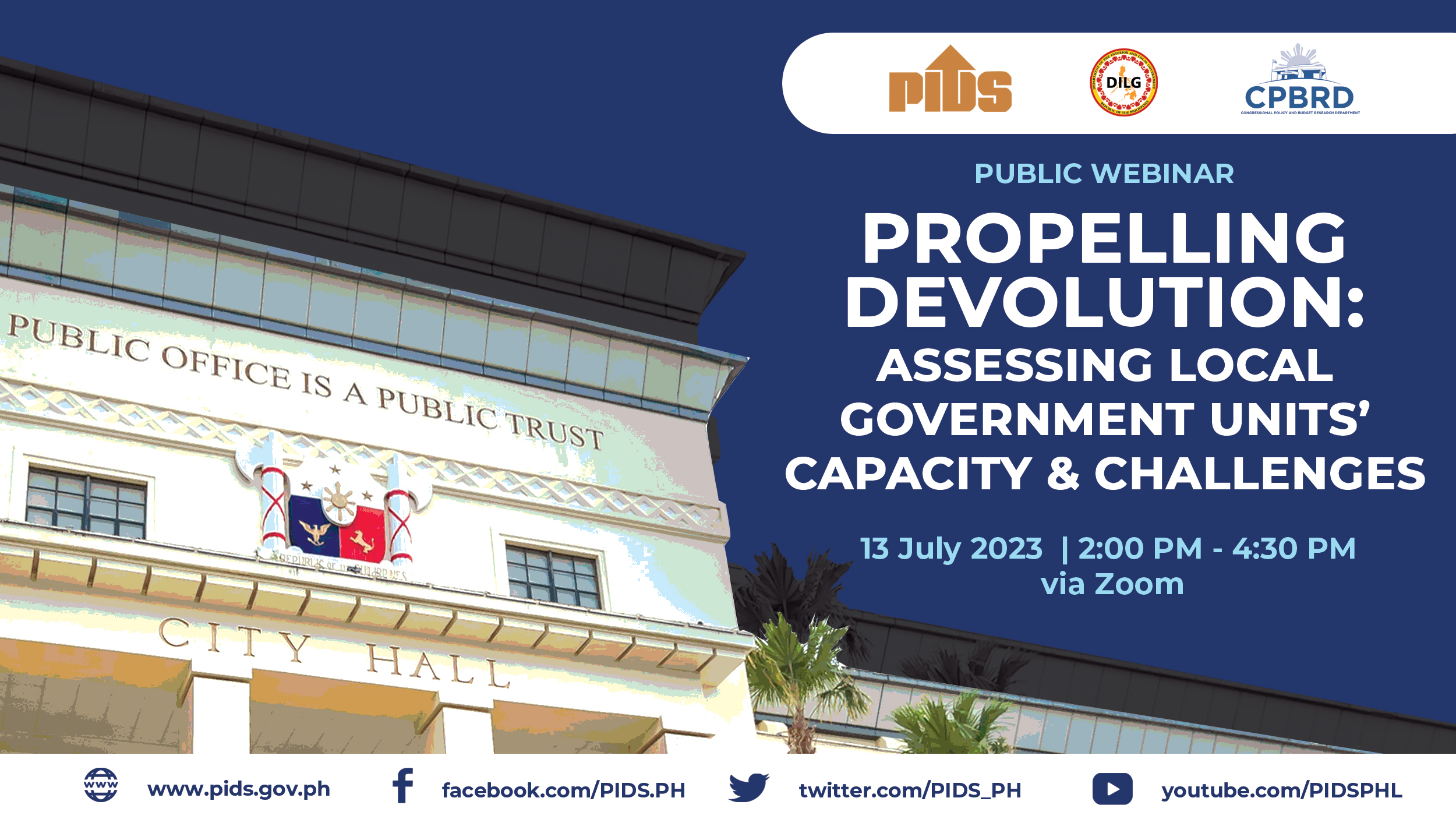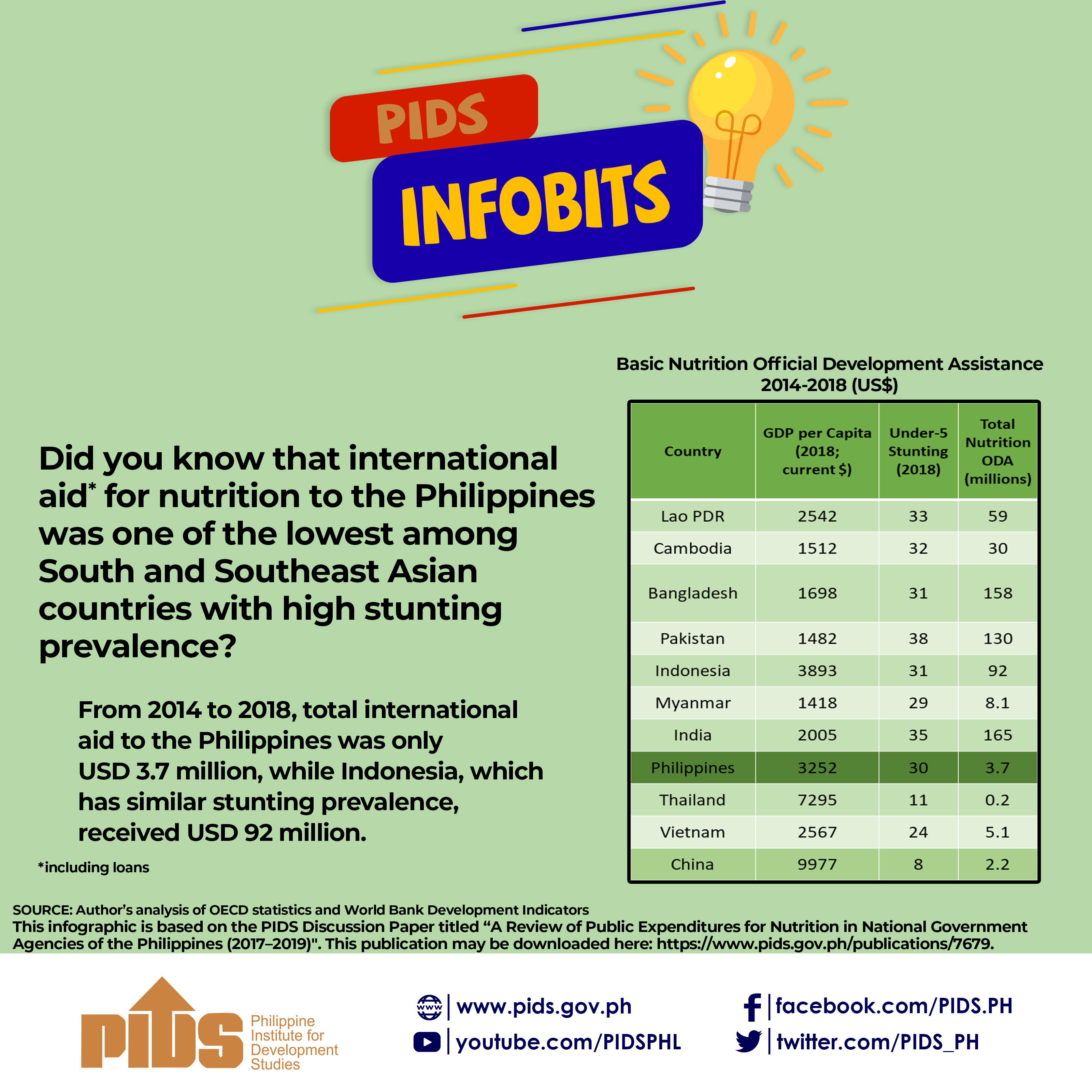In capital-starved nations, the role of foreign assistance to fund development programs and projects is considered critical to the success of these countries’ development blueprints. Yet the presence per se of external aid does not in any way guarantee the translation of such into effective programs that may lead to economic and social growth for there may yet be other factors that act as constraints to the efficient utilization of foreign aid. The concept of “absorptive capacity” is one such factor. Used frequently yet interpreted differently by donors and recipients at times, absorptive capacity can spell the difference between success and failure in the use of foreign assistance. But what does the term really mean? What are its components? What determines absorptive capacity-from the point of view of a donor and of a recipient country? These are some of the questions tackled by the author. Although specific to the Philippine scenario, this study is useful to all aid recipients in that it looks into conceptual and administrative issues and offers some guidelines in terms of calculating, to put David Greytak of Syracuse University, aid requirements and the capacity to absorb aid.

